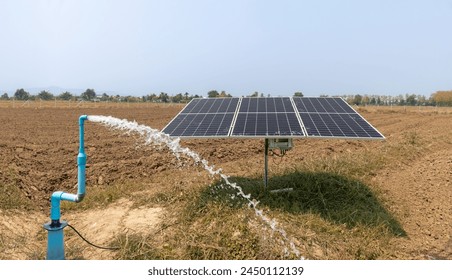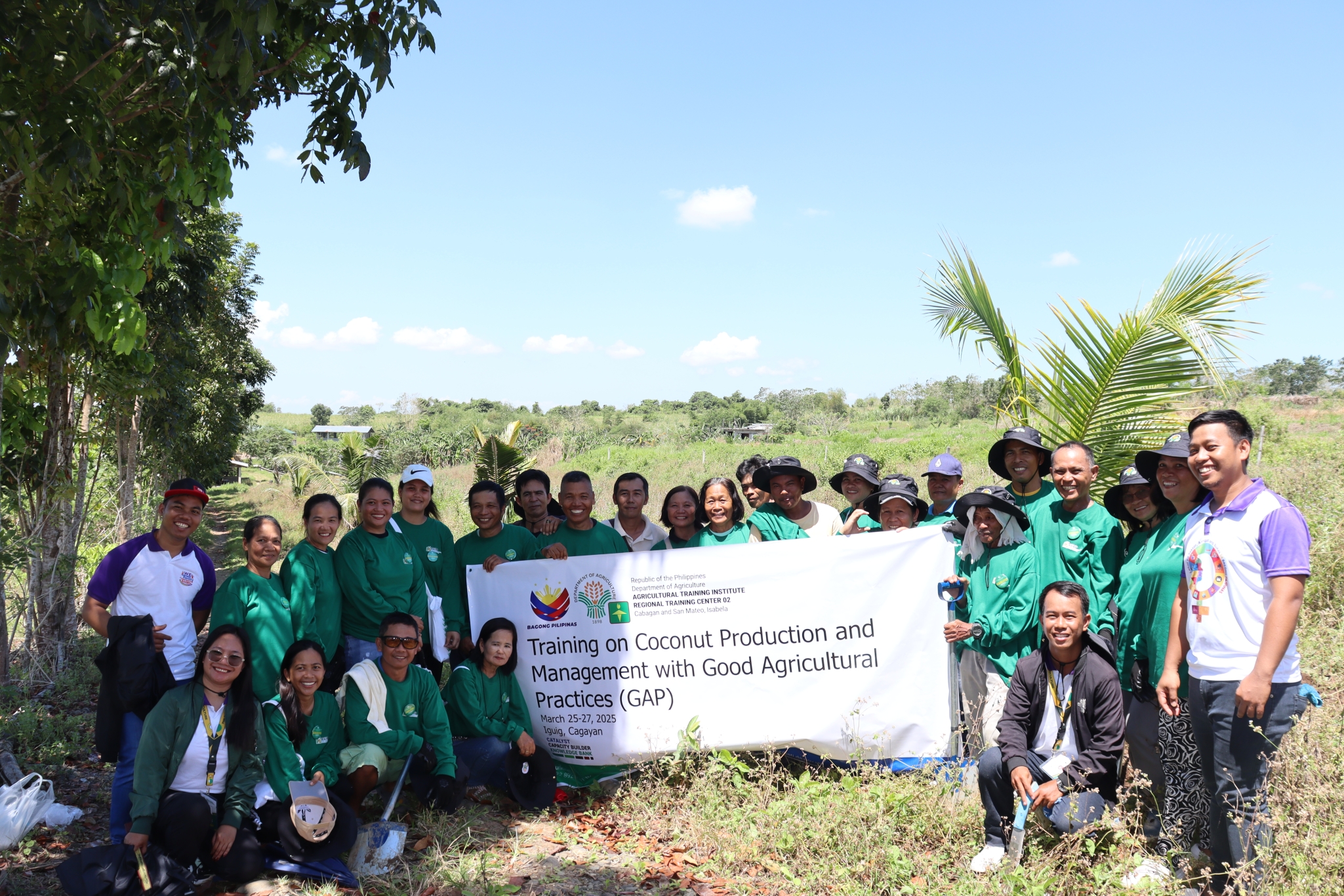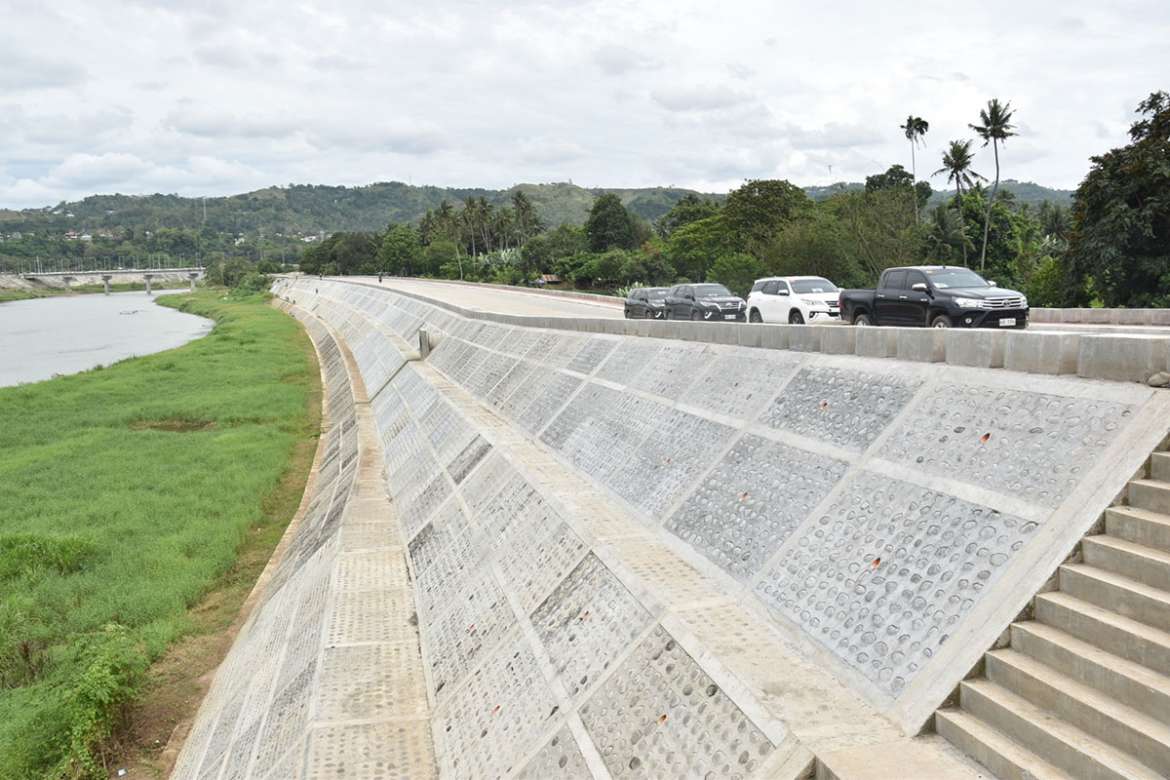
21 Sep, 2025
3 min read
Taraka Harnesses Solar Power to Transform Irrigation and Agriculture
TARAKA, LANAO DEL SUR, Philippines — In the town of Taraka, home to approximately 30,000 residents and named after the Taraka River, a significant transformation is underway through the adoption of solar-powered irrigation.
Stretching over 20 kilometers from the mountains of nearby Maguing, the Taraka River is one of four major tributaries feeding the ancient Lake Lanao. Despite this abundant water source, local farmers traditionally faced shortages of irrigation and potable water, limiting cultivation to once a year and restricting their livelihood.
"We had to wait for the rains to begin farming our fields and planting palay," said Damasira Manguda, a 25-year-old rice farmer. This water scarcity constrained agricultural productivity for generations.
A breakthrough arrived in August 2021 with the installation of a solar-powered pump that extracts water from the river and distributes it through polyethylene pipes to previously underutilized farmlands. This initiative is part of a broader effort that began in 2019 when Mayor Nashiba Sumagayan, inspired by the Mindanao Development Authority’s (MinDA) solar-powered irrigation systems (SPIS), spearheaded the project to maximize the town's agricultural potential.
Mayor Sumagayan quickly mobilized a local government team to adapt and implement the technology locally, with MinDA facilitating access to a P115-million loan from the Development Bank of the Philippines to fund the program.
The project targets irrigation of up to 1,200 hectares across six villages, including Mangayao, Moriatao Luksa Datu, Lumasa, Salvador Conch, and Malungun. Six solar-powered systems were constructed on donated sites, each featuring a 27-horsepower capacity generated by 175 solar panels, according to municipal engineer Saidamen Abas.
Technical support was provided by Greenergy Solar, a leading solar technology provider in Mindanao. Local caretaker Amenola Kumadug has been trained to operate and maintain the system, which pumps water first to a main reservoir before distributing it across agricultural lands.
Farmers immediately noticed productivity gains. Manguda reported an increase from 10 to 15 cavans (50 kilograms per cavan) of palay per hectare and expressed optimism about further improvements through modern farming techniques.
Consistent irrigation has enabled some farmers to cultivate and harvest palay up to five times over two years, utilizing both native and hybrid varieties. Mastor Diamla, a government official overseeing the rice-producing villages, highlighted the need for farmers to synchronize planting schedules to manage pest risks and maximize irrigation efficiency.
Diamla also pointed out challenges related to farm consolidation, as many farmlands remain fragmented due to inheritance practices, which complicates coordinated cultivation efforts.
Currently, the local government has not imposed irrigation fees but encourages voluntary contributions for system maintenance, likening it to traditional community charity or zakat. "We want to ease the burden on farmers first," Diamla said.
The project also supports social reintegration efforts, providing economic opportunities to former Moro Islamic Liberation Front (MILF) combatants transitioning to civilian life. Omar Manonggiring, a MILF brigade leader, noted that several of his former comrades have benefitted from improved rice farming prospects.
Complementing irrigation improvements, the Department of Agriculture has donated a P17-million rice processing system to Taraka’s local government. This facility includes a mechanized dryer with a 6-ton capacity and a miller capable of processing 1.5 tons of palay, servicing close to 1,000 farmers and farming operations spanning up to 1,300 hectares.
Additionally, the local government has implemented a solar-powered potable water system, addressing household water needs alongside agricultural development.
With the introduction of solar energy, Taraka is advancing towards sustainable modernization and enhanced economic resilience, setting a precedent for rural development in Lanao del Sur.
Recommended For You
ABS-CBN Remains the Foremost Media and Entertainment Leader in the Philippines
Sep 21, 2025
Paolo Benitez

Indigenous Community in Capas Trained on Sustainable Farming Techniques
Sep 21, 2025
Paolo Benitez

Rep. Bienvenido Abante Denies Existence of Substandard Flood Control Projects in Manila's 6th District
Sep 21, 2025
Ana Marie Gonzales

Jin of BTS Sets New Records with Solo Tour
Sep 21, 2025
Jose Reyes
